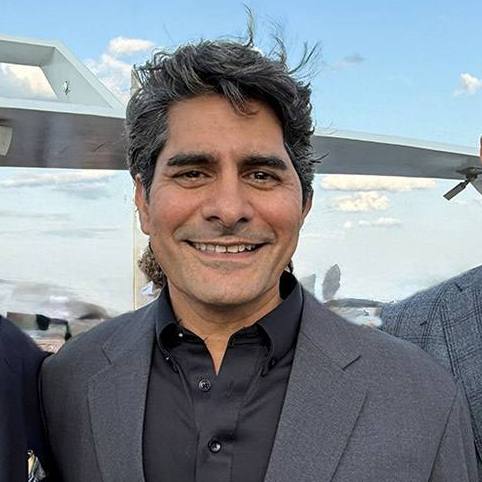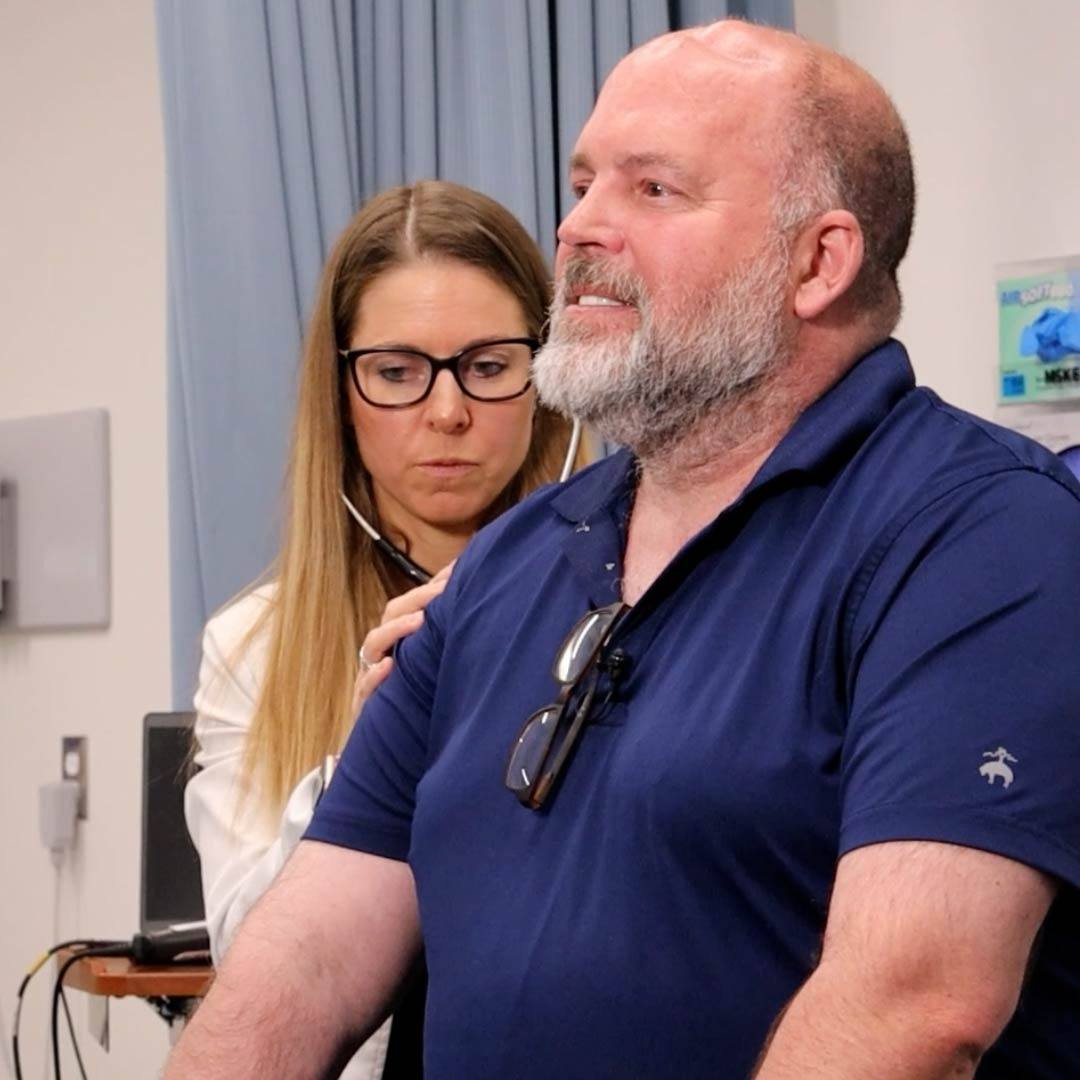
When 7-year-old Jacob Harpel was diagnosed with a rare brain tumor, doctors told his parents, Koreen and Paul, that it was most likely noncancerous (benign) and slow-growing and recommended a wait-and-see approach to treatment. But with the tumor causing seizures and dizzy spells, the Harpels decided to seek a second opinion.
After extensive testing, a pediatric neurologist at Mayo Clinic in Rochester, Minn., recommended removing the tumor.
"We were told that with surgery, there was a 50 percent chance Jacob could have permanent peripheral vision deficits looking down and to the right, and a 50 percent chance he'd experience speech or comprehension deficits or both," says Koreen.
The wait-and-see approach carried risks of its own.
"Without surgery the seizures would likely take over, and the tumor was growing larger," says Nicholas M. Wetjen, M.D., a pediatric neurosurgeon at Mayo Clinic in Rochester, Minn. "Jacob would likely have a lifetime of progressively worsening seizures, a significant burden to face."
The Harpels opted for surgery.
In August 2010, Dr. Wetjen removed the tumor. The next day, Jacob was playing piano in the main entrance of Saint Marys Hospital.
"It was an amazing moment," says Koreen. "He could see down and he could remember his song. He played it beautifully. It was almost too much to grasp. There wasn't a dry eye anywhere near him. This was a true miracle for us."
Nine months later, follow-up exams showed Jacob was still tumor-free, with perfect vision and no speech or comprehension deficits.
And the seizures and dizzy spells? Gone.
"We came to Mayo filled with so much anxiety and so much unknown," says Koreen. "We left Mayo with hope. That's the moral of the story. Jacob has a future. Dr. Wetjen gave Jacob a hopeful life. And for that we are truly grateful."







